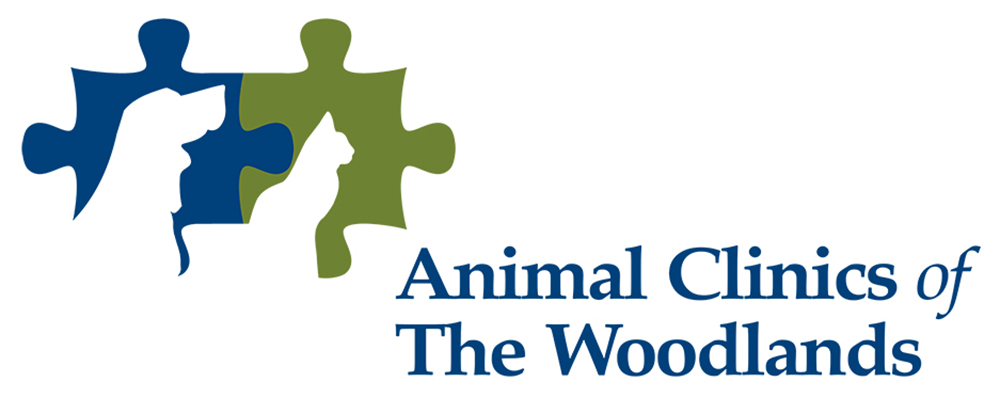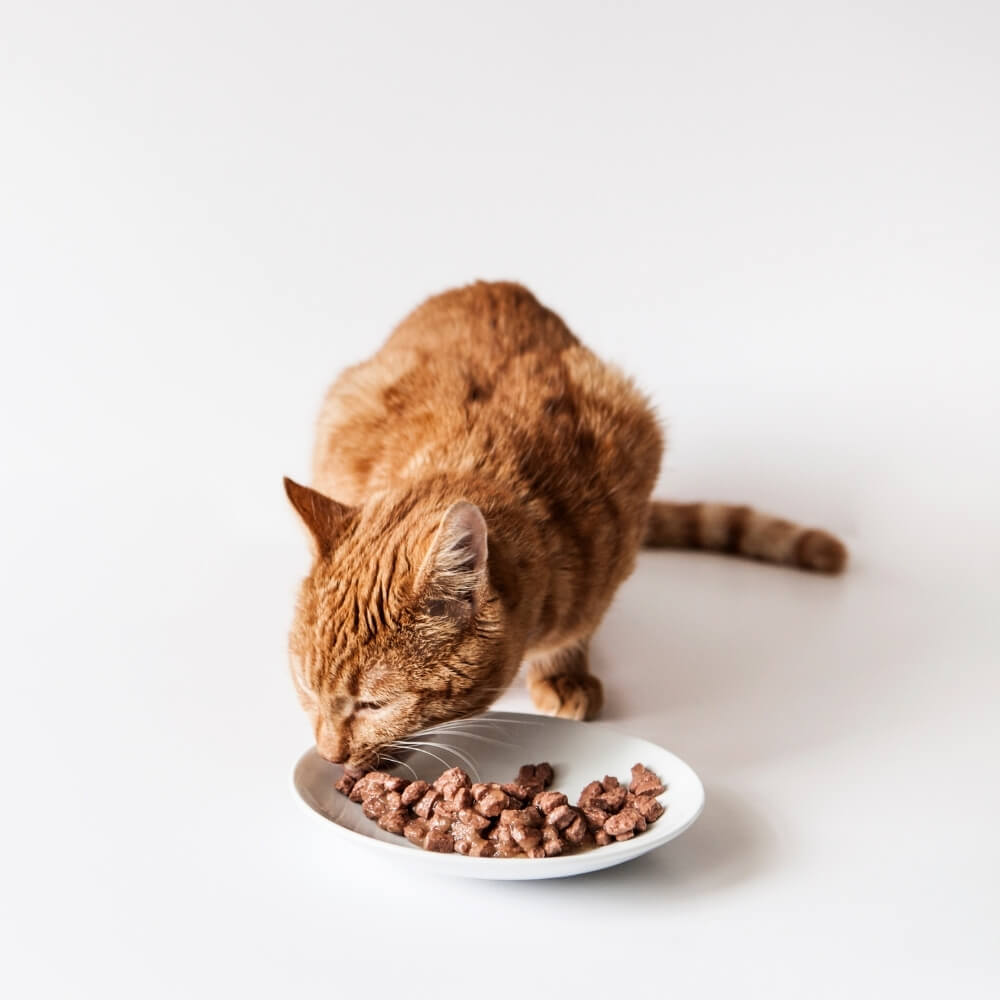Veterinarian Service
Pet Nutrition
Learn more about our pet nutrition services below.
Pet Nutrition
Pet Nutrition
Healthy Dog Food | Healthy Cat Food
The old adage “You are what you eat” certainly applies to our beloved pets. We want to emphasize the importance of a healthy, balanced diet for your dog or cat. The benefits of feeding them the appropriate foods can pay off in the form of a happy, healthy pet.
There may be times when you might be tempted to share your food with your pet. There are many foods that we eat that are equally beneficial to pets. Please keep in mind, though, that some foods can harm, even poison your pet. Feeding your pet something not formulated for them can cause vomiting, diarrhea, and weight loss.
Because of the variety of choices of pet food, you might wonder which one you should purchase to ensure your pet’s health. This page will give you some insight into what you can or definitely shouldn’t feed your pet to ensure that they have the best nutrition possible to thrive and be healthy.
Should My Pet Be On A Special Diet?
In many cases, therapeutic/prescription diets are recommended based on the specific needs of a pet. These needs can include food allergies, urinary health, gastrointestinal health, and/or specific requirements for certain disease processes. Our veterinarians are very skilled in helping you choose the right diet for the needs of your pet.
Good Quality Foods
We recommend that pets be fed premium diets for the appropriate life stage, size, and specific medical needs of your pet. There are many brands that do not offer the right combination of meats and grains, therefore causing allergies or other illnesses. The brands we recommend the most are premium diets like Purina Proplan, Science Diet, Iams, and Eukanuba because of years of positive results for cats and dogs. Occasionally, prescription diets are recommended based on a pet’s specific needs. Our veterinarians will make these recommendations when appropriate.
Puppy & Kitten Diets
Just like infants, puppies and kittens need a different diet than grown dogs and cats. There are specially formulated food for puppies and kittens to help their little bodies get the nutrition they need and grow up to be strong. Switching a puppy or kitten to adult food too early can cause obesity and gastrointestinal issues. We recommend switching to adult dog or cat food between 10-12 months.
Felines & Obesity
Obesity in felines has become a growing concern for veterinarians. Giving your cat a healthy diet can make all the difference for his/her health. Cats have a better chance of better health if you feed them mainly canned food instead of dry food. This small change in diet can help prevent a lot of pain and costly illnesses down the line. We recommend that our feline patients be fed canned food as AT LEAST 50% of their diet. The increase in moisture found in canned food offers these benefits:
- Promotes healthy weight due to fewer carbohydrates
- Promotes healthy urinary tract
- Is beneficial to kidney health
Foods That Dogs Should Not Eat
Avocado, raisins, grapes, prunes, macadamia nuts, nutmeg, cooked bones, raw fish, raw meat, caffeine, dairy products, sweets, chewing gum, chocolate, mushrooms, garlic, tomatoes, onions, moldy food, cat food, marijuana, raw eggs, yeast dough.
Foods That Cats Should Not Eat
Alcohol, chocolate, energy drinks, coffee, tea, dairy products, fat trimmings, raw meat, raw eggs, raw fish, tuna (when prepared for humans).
Diets We Recommend
Hills, Purina Pro Plan, and Royal Canin.

